It’s the club that is definitively not a secret, yet remains curiously unknown to the Grinnell community.
“It’s one of those things you’re invited to—you know, kind of skull and bones,” said Mark Montgomery, Economics.
The Fortnightly Club, named for its alternating meeting schedule, has been around for over a century in Grinnell, since its founding by Edward Steiner.
“We think [the club] was founded around 1903, and was meant to be a discussion or reading group that involves both town and faculty,” said long-time member, former College president and current Professor Emeritus of History George Drake ’56.
Drake’s research has led him to conclude that Steiner, who was a professor of Applied Christianity at the College for nearly 40 years from 1903-1941, started the club as a continuation of an idea developed during his tenure as a pastor in Ohio.
“He created a group of civic leaders who would convene every other week to read papers together and discuss them, [hoping] to bring the civic leaders into a sort of cohort,” Drake said.
After joining the Grinnell community, Steiner brought the budding idea of a men’s discussion group with him.
“Really, he thought it was a wonderful way for prominent people in the town to get to know each other,” Drake said.
The club is traditionally “half-town and half-gown” in membership, as the group’s legacy has always called for.
“This is an opportunity,” Montgomery said. “There are not a lot of opportunities to connect with town people. Thinking and learning are not confined to this college.”
This combination has helped the club thrive over its century-long history, stimulating just the sort of intellectual discussion that Steiner saw as a defining character of the Fortnightly Club.
The format of the club involves a rotating two-year cycle of members alternately hosting and presenting papers at twice-monthly meetings, with a total of twelve meetings over a fall-spring season. The members gather from 7 to 9 p.m. on the second and fourth Mondays of the month, where members mingle before being served dessert by the host and hearing the evening’s paper presentation. The presentation is followed by discussion by the two-dozen members present.
“It stays pretty polite and pretty civil,” said Doug Cutchins ’93, Assistant Dean and Director of Post-Graduate Transitions.
Many of the discussions continue in the surrounding community, after sparking the interest of Fortnightly Club members. Such was the case with one popular paper, presented by Luther Erickson, Chemistry, a number of years ago, regarding the practice of left-handed writing.
“I was invited to present [the paper] to the Kiwanis Club and the Lions’ Club in town,” Erickson said. “It had a pretty good reception.”
Although the club lacks any official doctrine prescribing rules or parameters, there are some generally accepted traditions at the Fortnightly Club. Most members accept the guideline that encourages papers to be written on topics outside of one’s area of professional or personal expertise. Generally there is more freedom in the club than there are restrictions, an element that lends itself to the club’s lively post-presentation discussions.
“It can really be anything you want it to be, which is kind of the really fun thing about it,” Cutchins said. “[Writing papers] is a great opportunity. Everybody has stuff in their life [that] they want to know more about … and this is not just an excuse—it’s a requirement that you go out and learn something.”
Each member gains something different from the club, according to Erickson.
“I identified purposes of the club for me and, I think, for most of the club,” Erikson said. “First of all, fellowship; the opportunity to meet other people, education; to educate each other about things, inspiration; some of [the papers] are quite inspiring and basically entertainment.”
Besides these general positive, some other benefits are less obvious.
“From a wellness perspective, it’s one of the healthiest things I do,” Cutchins said. “It’s two hours [where] I can’t bring my phone, look at my emails—I can’t do anything. All I can do is sit and be there and enjoy being there with these other guys and learn something interesting.”
The very age and enduring legacy of the club is a source of inspiration and ongoing commitment for members old and new.
“It was the tradition that mattered to me,” Montgomery said. “I love this community, so being part of the tradition of community [is important].”
And the history that the club holds is significant, with important names from Grinnell’s last century sprinkled through Fortnightly’s records. Among the more notable past members are a range of College presidents, prominent professors, industry pioneers in town and doctors, to name a few.
“It goes all the way back to people whose names are on buildings now,” Montgomery said. “It’s a relic, in a way.”
Like many relics, the club has its unanswered mysteries and traditions.
“There is always, and apparently for decades there has always, been a bowl of mixed nuts on the table, and nobody knows where this came from or why it started,” Cutchins said. “You’ve got to have mixed nuts on the table. Like, it’s not a Fortnightly Club meeting until there’s mixed nuts on the table—we don’t know why.”
Although the intellectual exercise of the paper presentations is “usually taken seriously,” there are plenty of more light-hearted practices in the club.
“It has become kind of a tradition to come up with an obscure title to disguise the content,” said Erickson, the writer of 17 papers over his 34-year membership.
The club also has a lifetime membership policy, with ‘retired’ members denoted as inactive, but retaining official membership.
“If you can walk, you don’t give up your membership,” joked Stanley Greenwald ’55, current President of the Fortnightly Club. For Greenwald, the Fortnightly Club holds a special value to him, as his father was also a longtime member.
Although steeped in tradition, Fortnightly is also looking ahead in its legacy. The question over the club’s male-only status has arisen repeatedly over its history, and the current members have debated the merits and drawbacks of a change recently. For some in the club, there is an integral quality to the club being exclusively male. Furthermore, Greenwald pointed out the existence of parallel women’s groups in Grinnell, including the Magoun Club and Entre Nous.
The club works to ensure the diversity within the club as much as it can either way.
“[We have to] make sure it’s not all just old guys like me,” Drake joked.

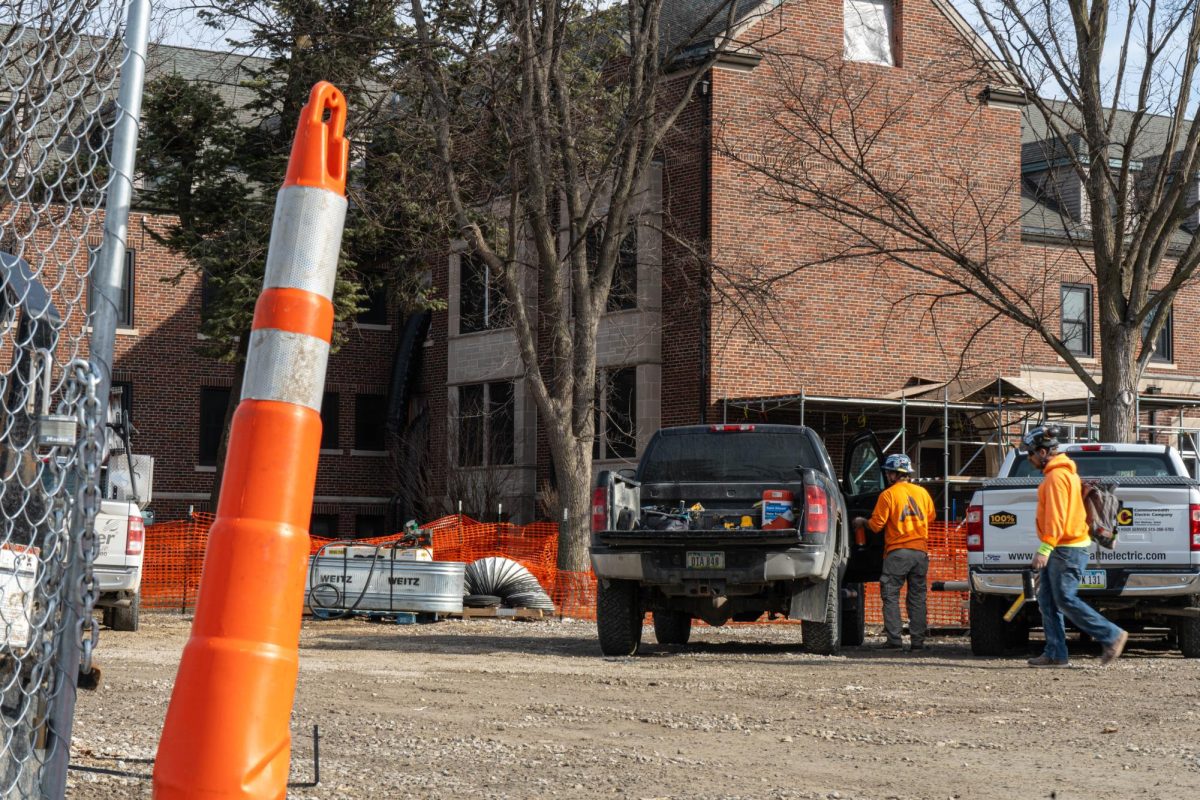
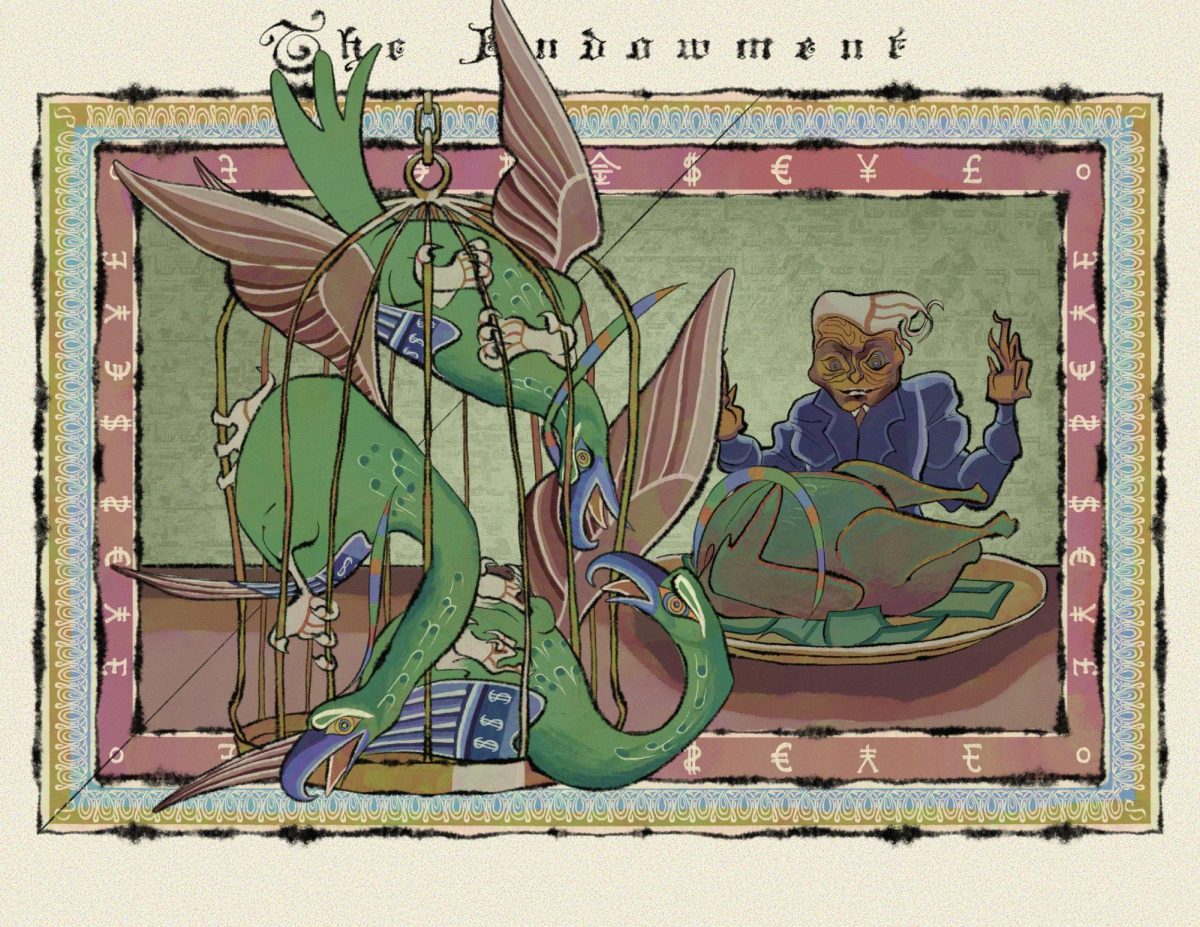
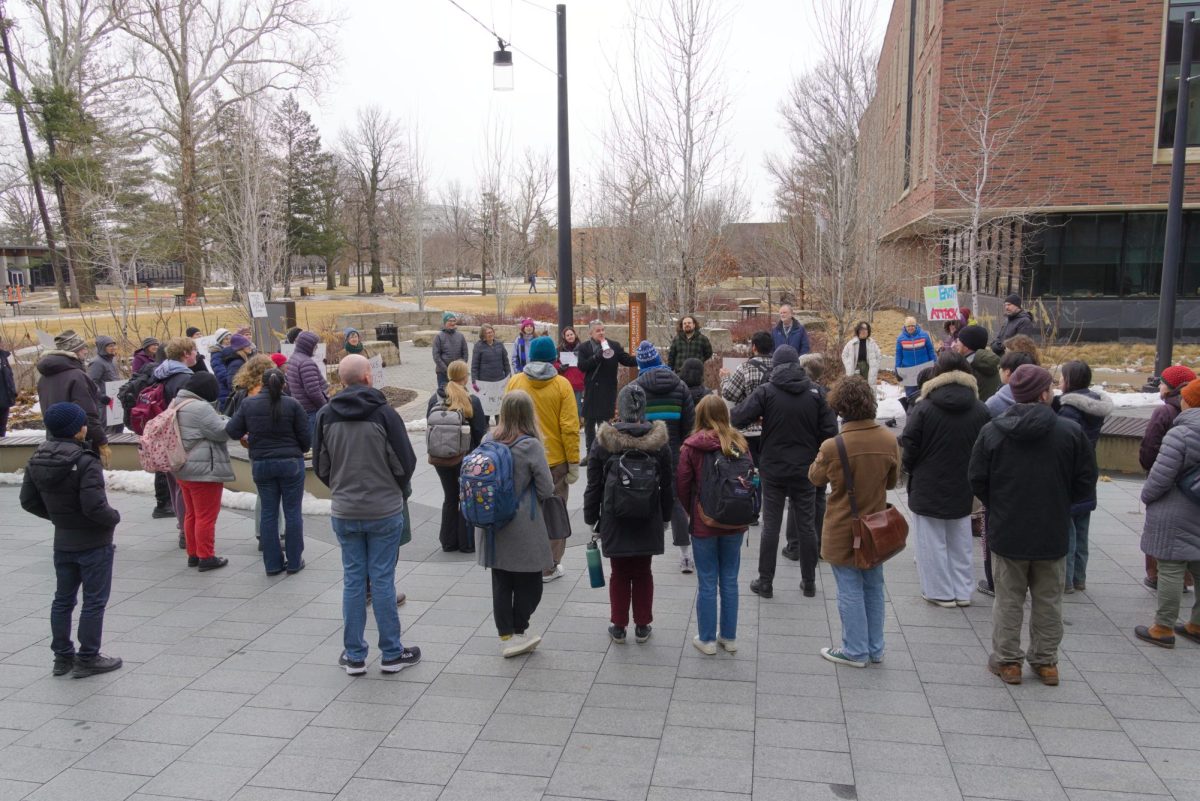

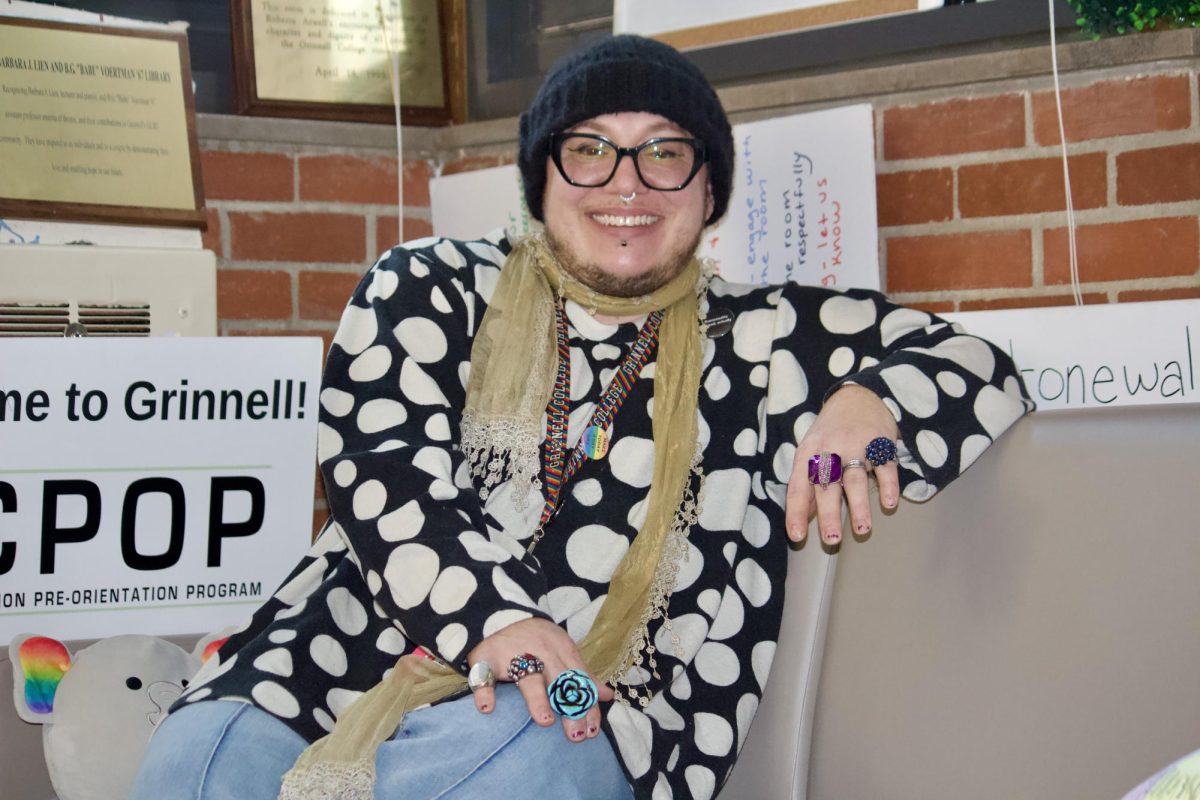

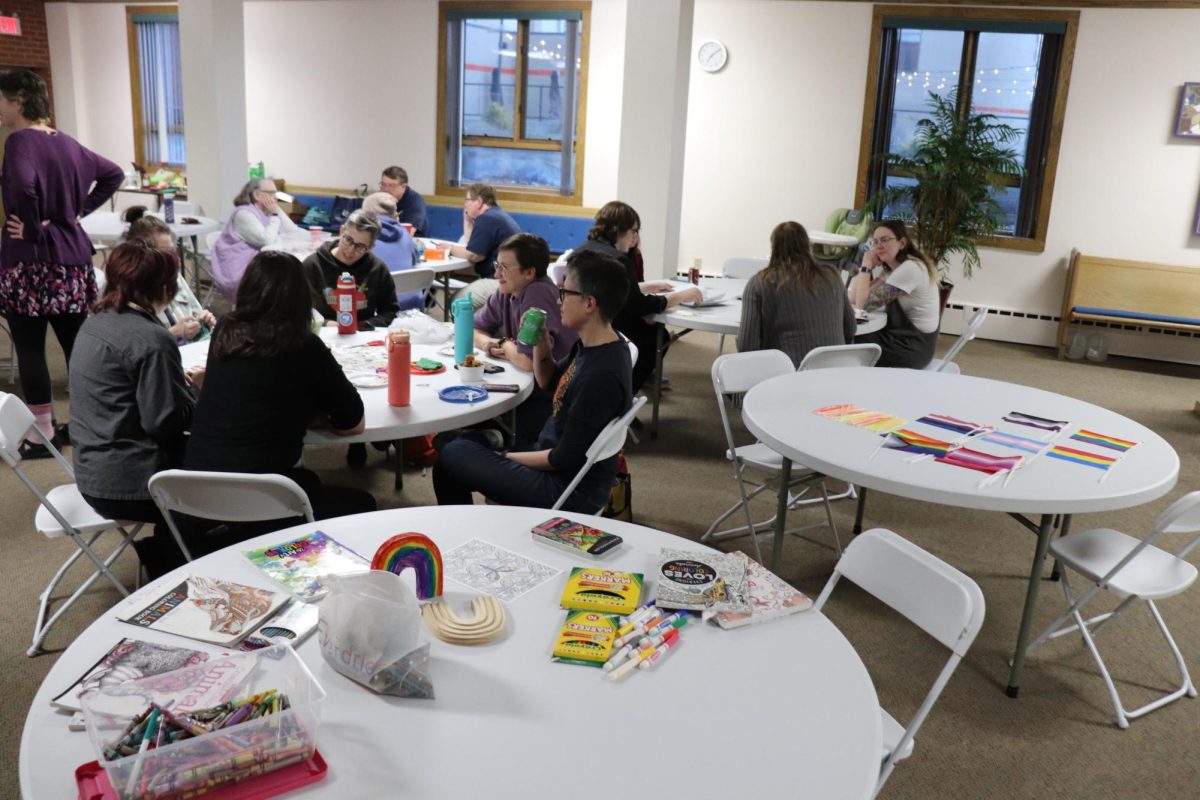
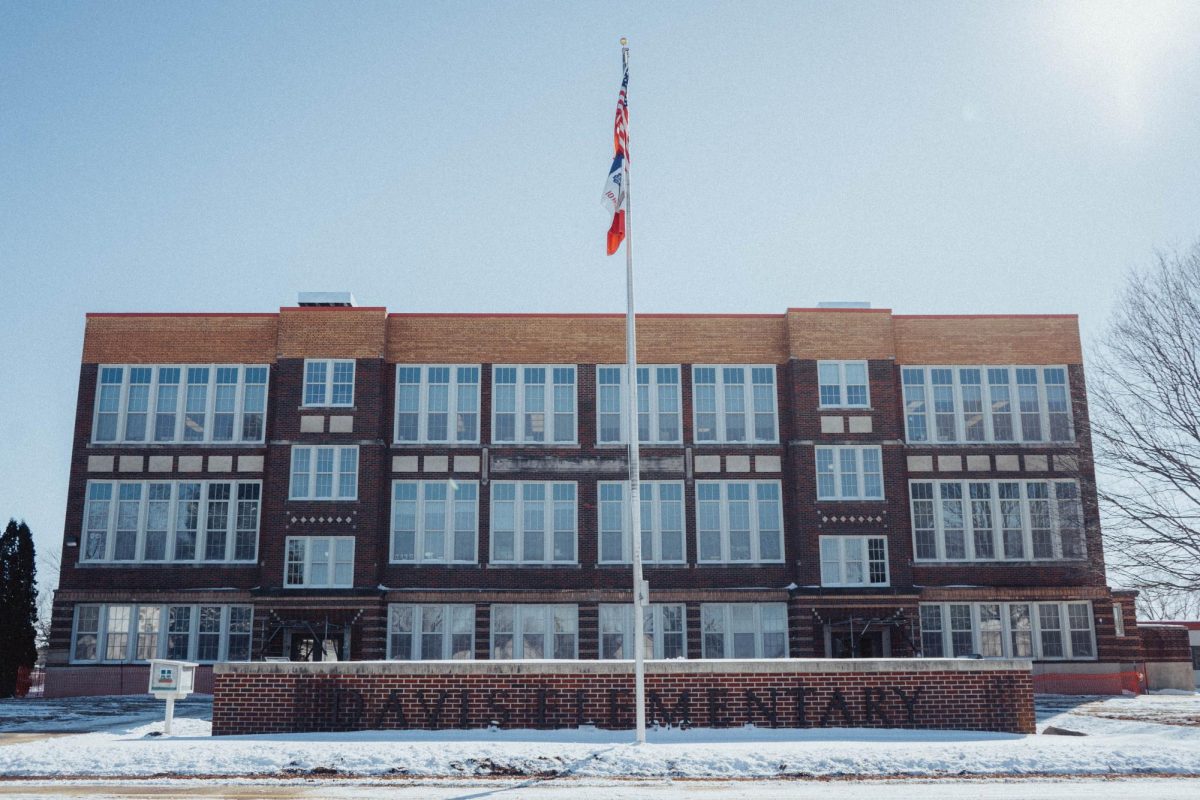
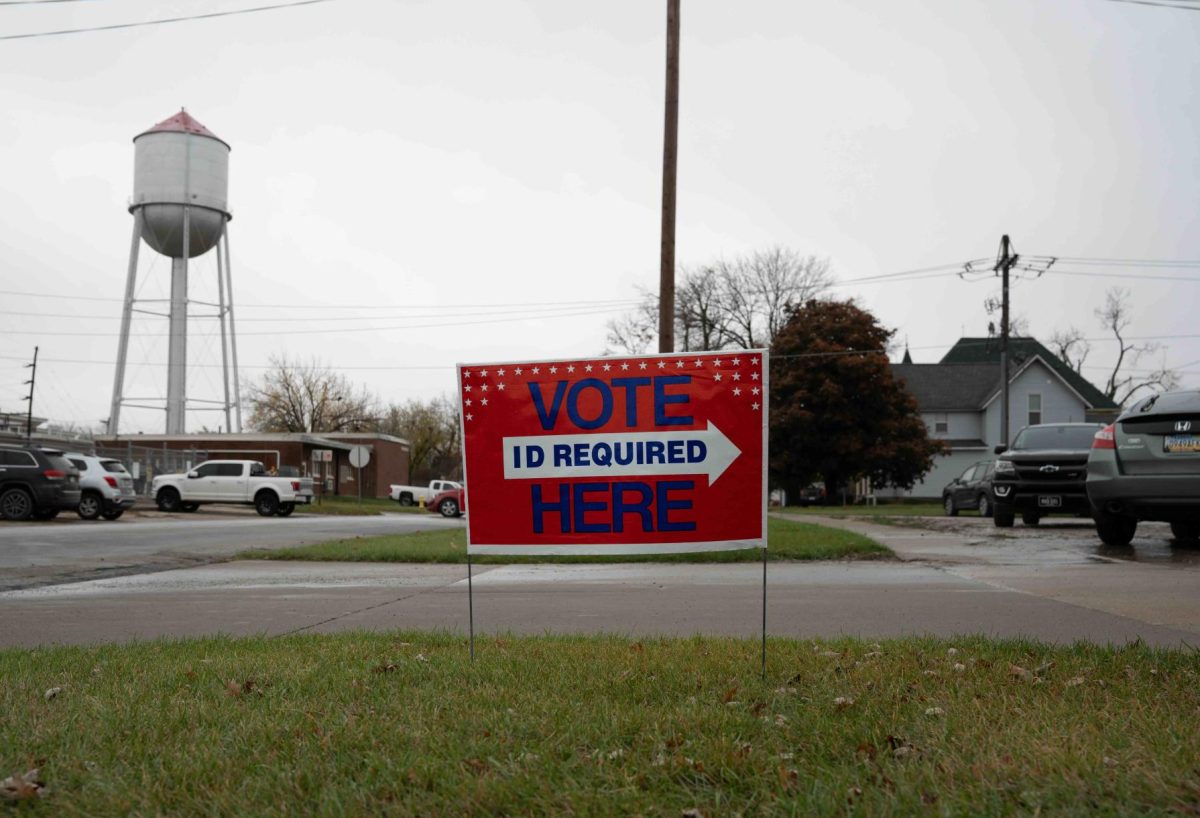
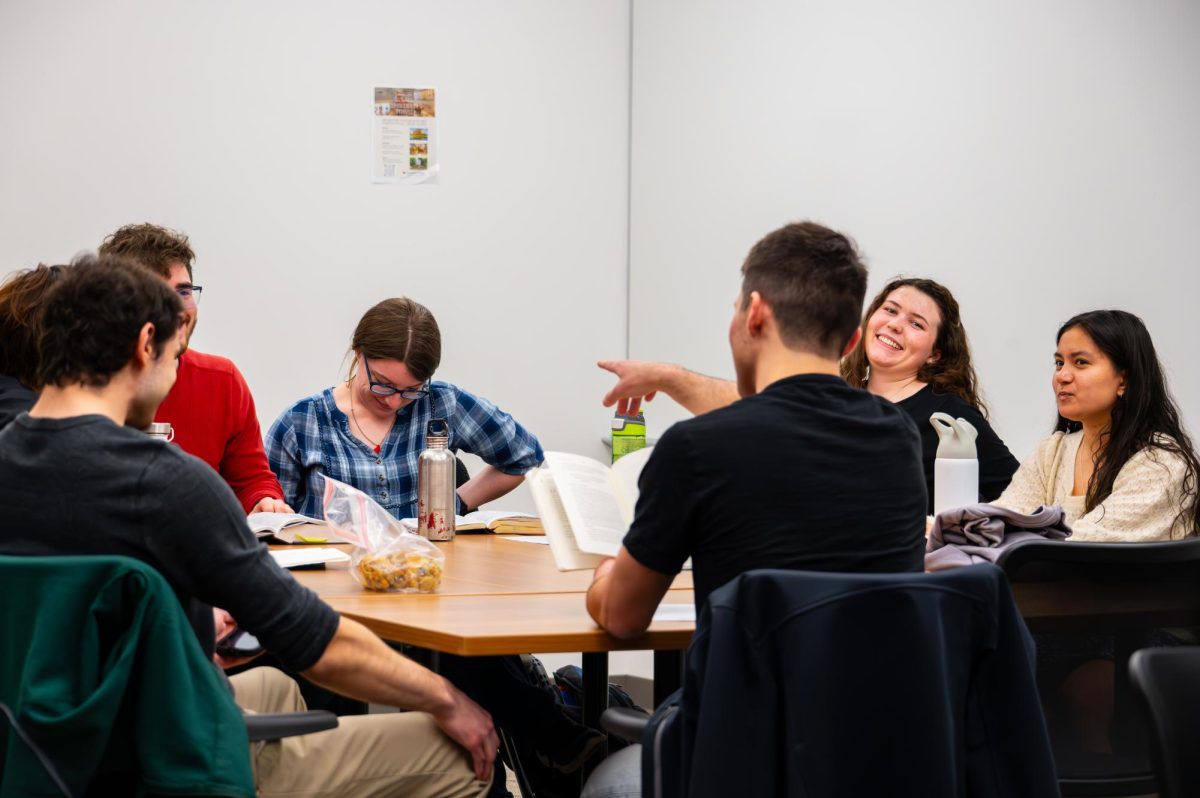
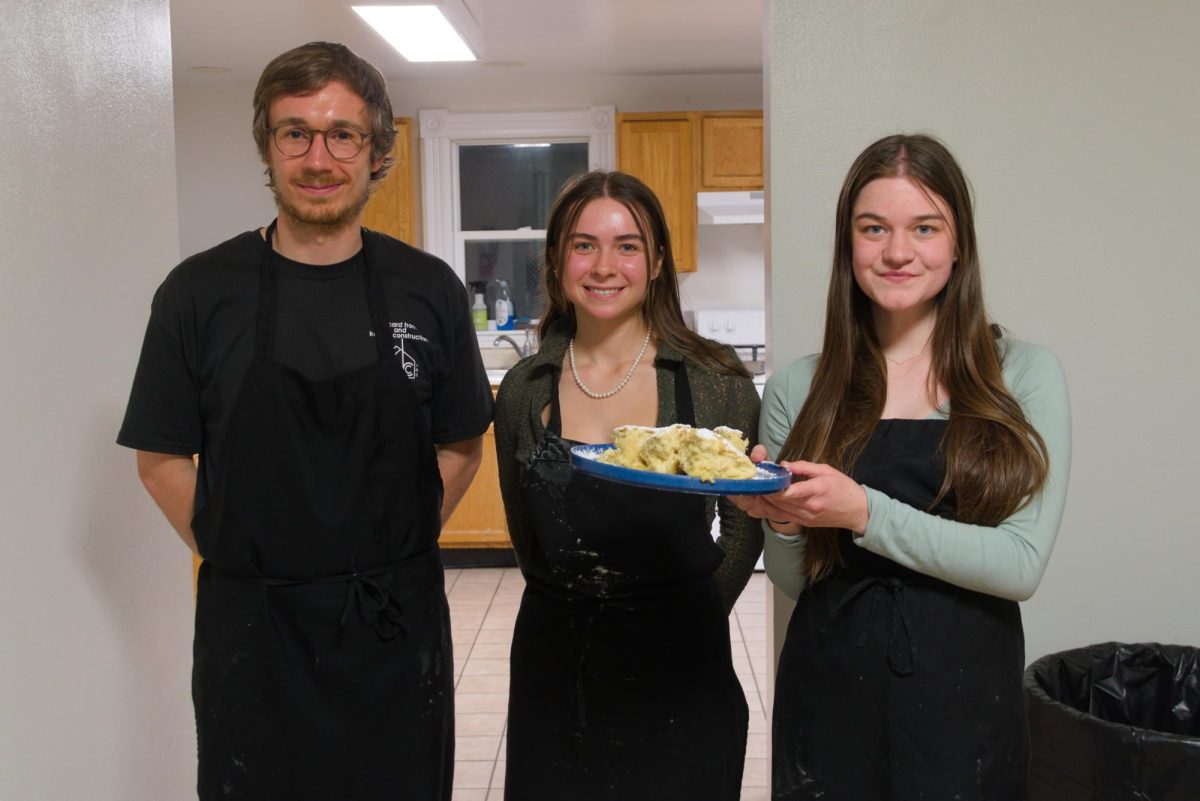
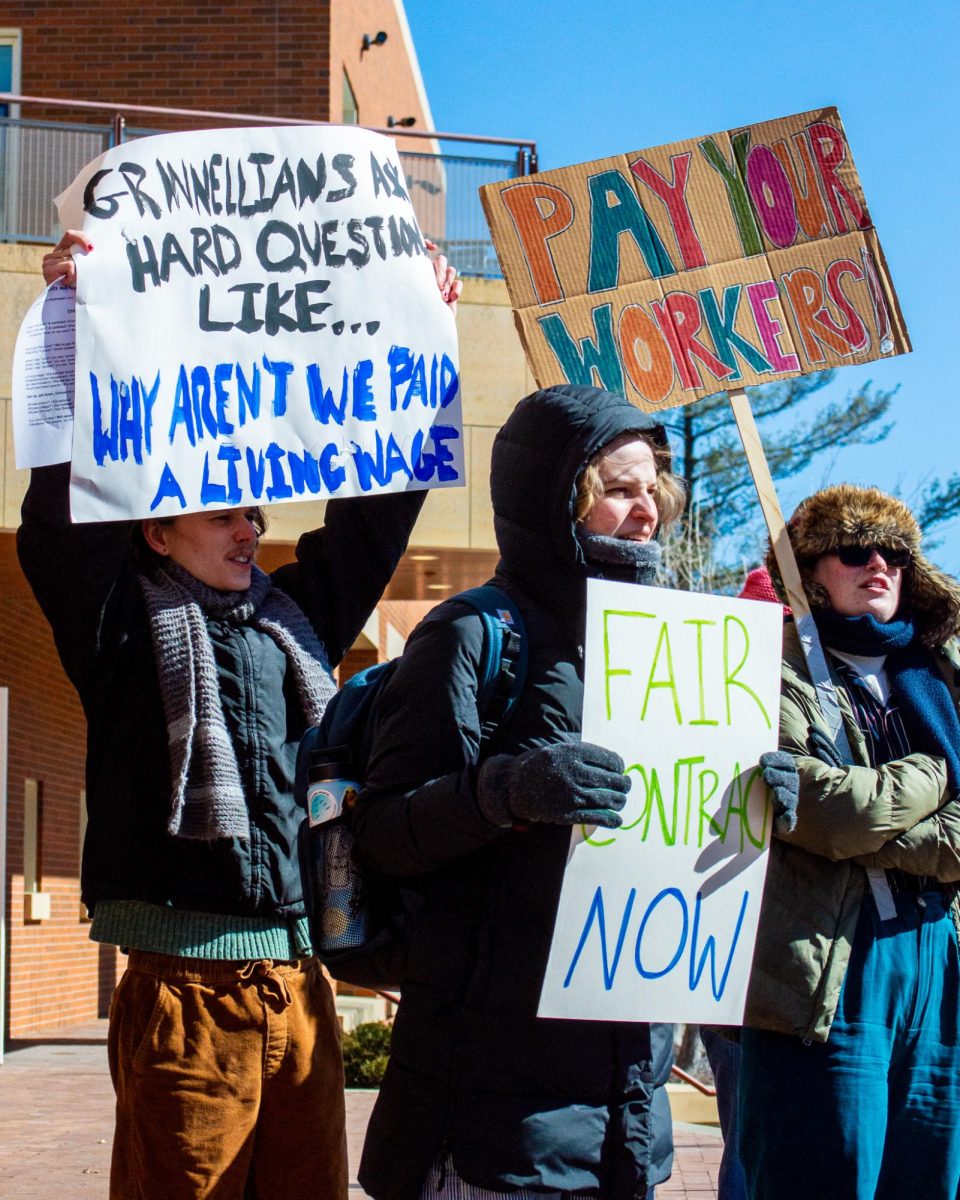
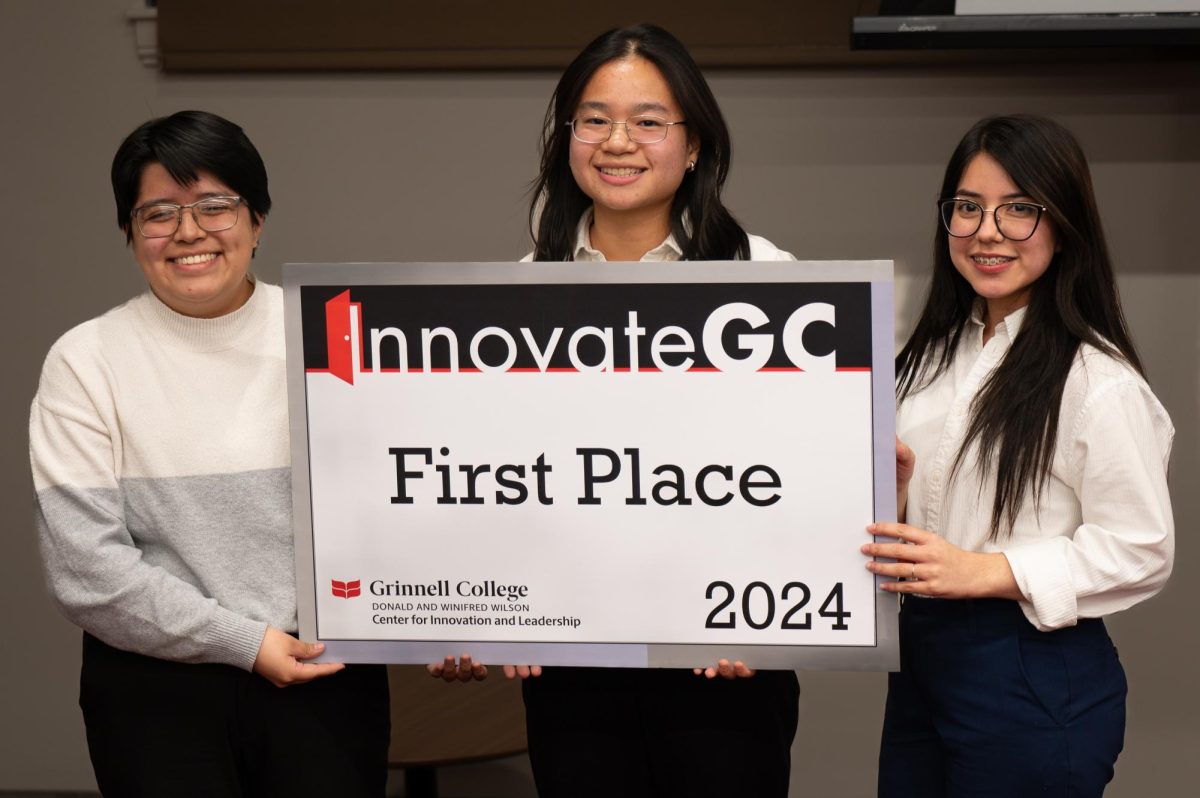
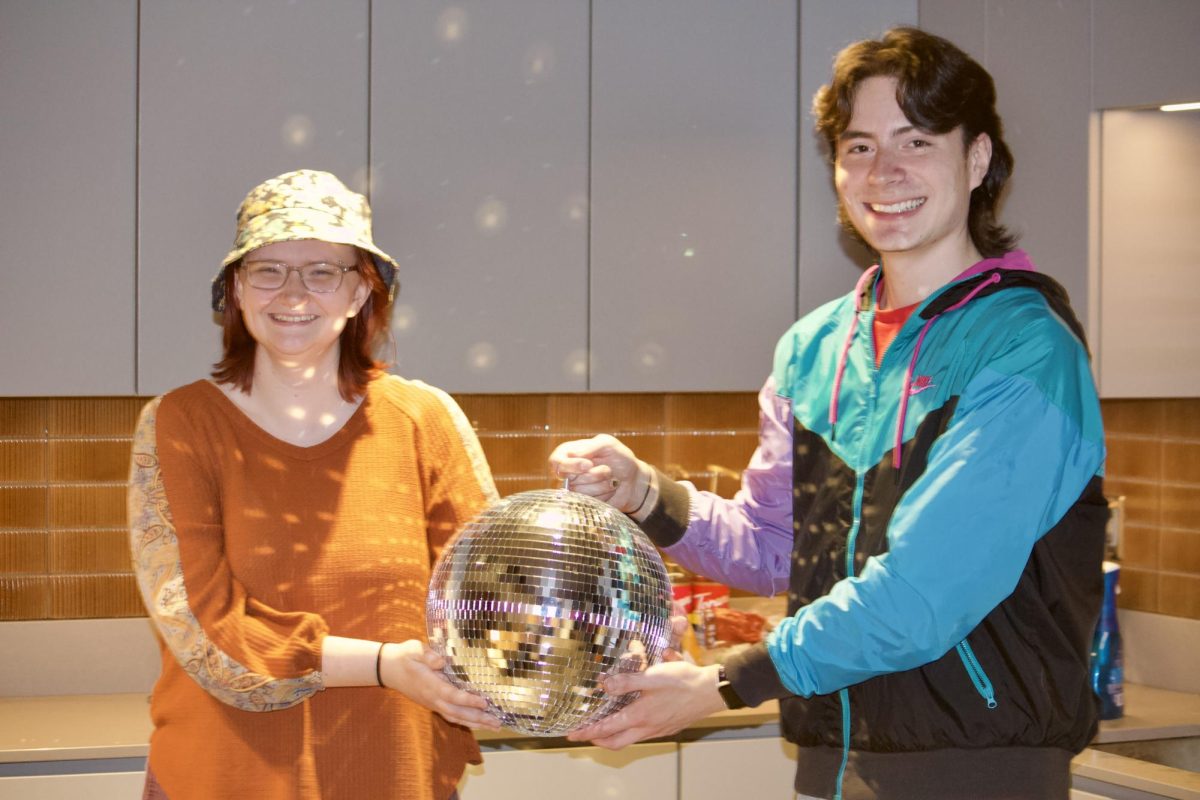
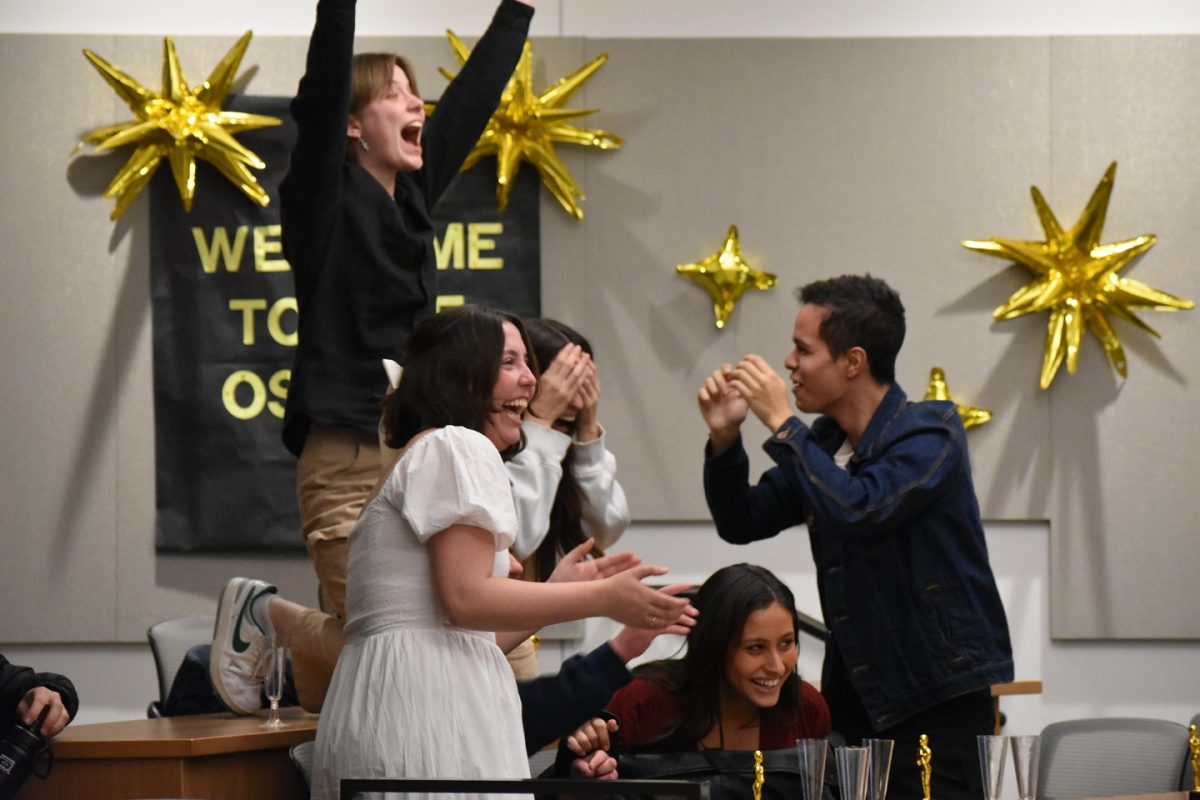
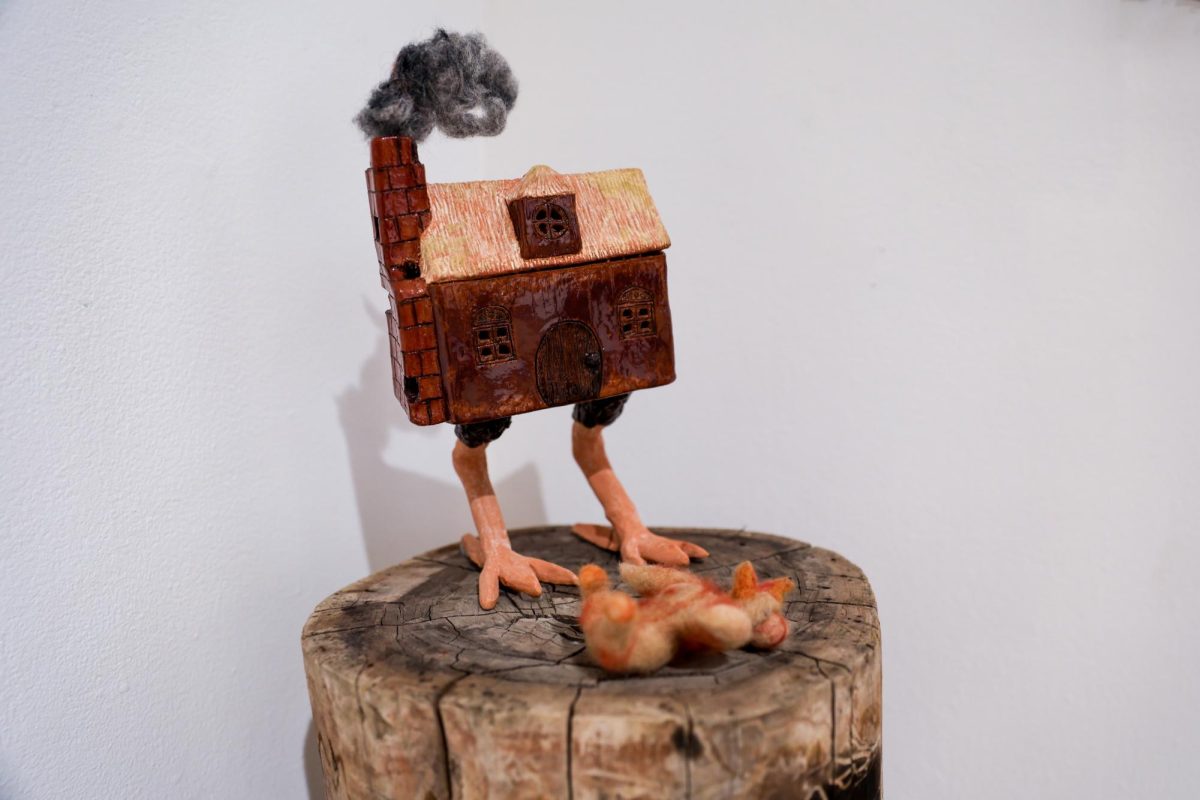
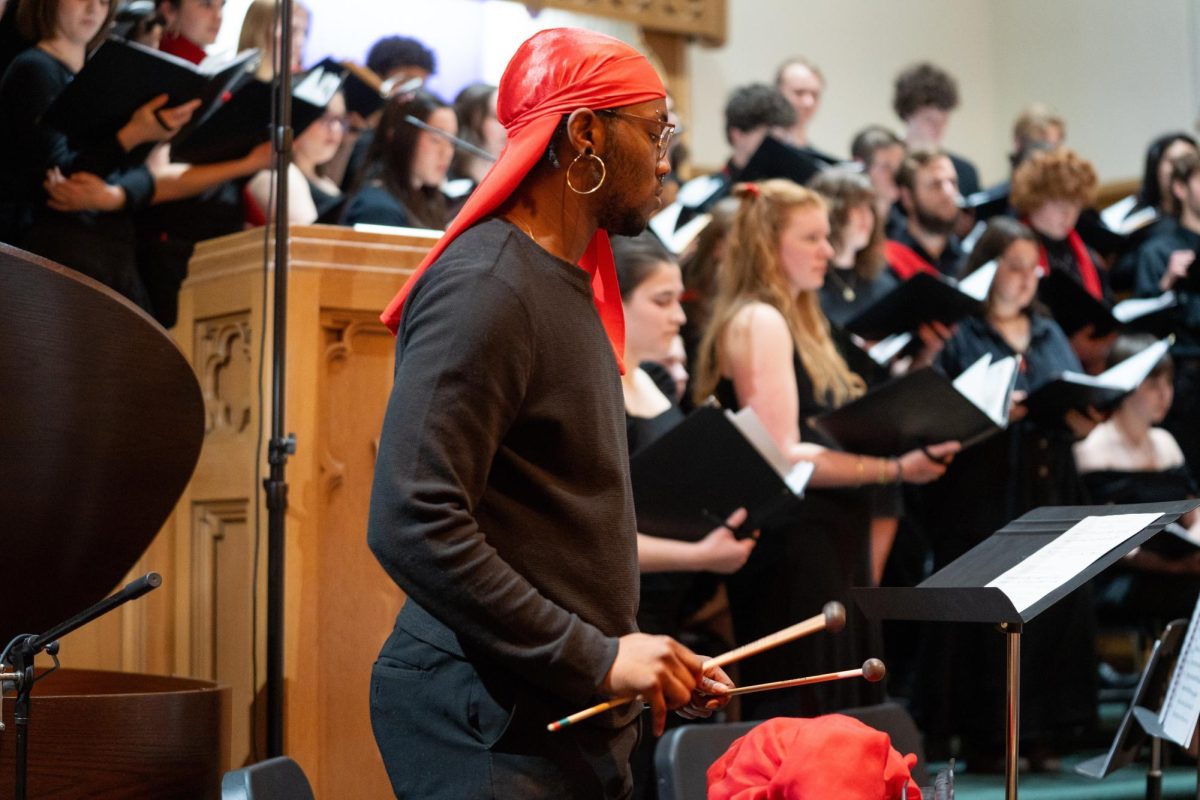
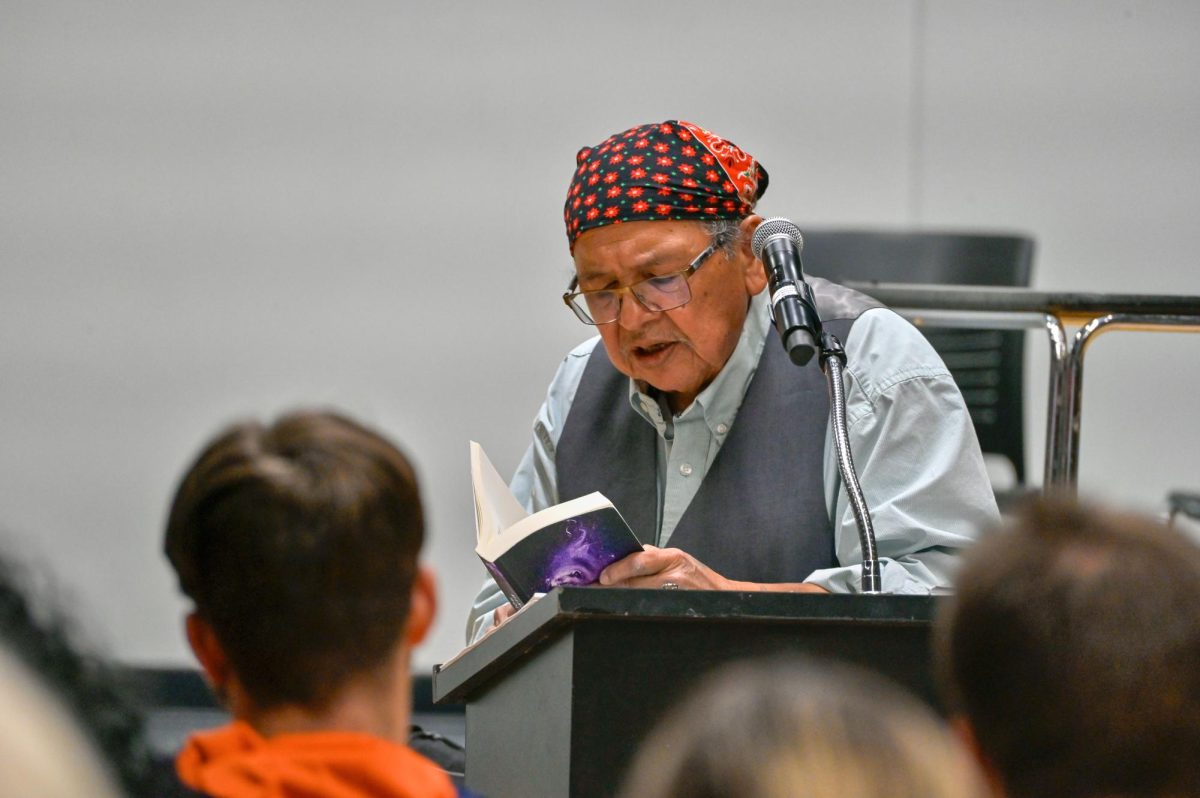
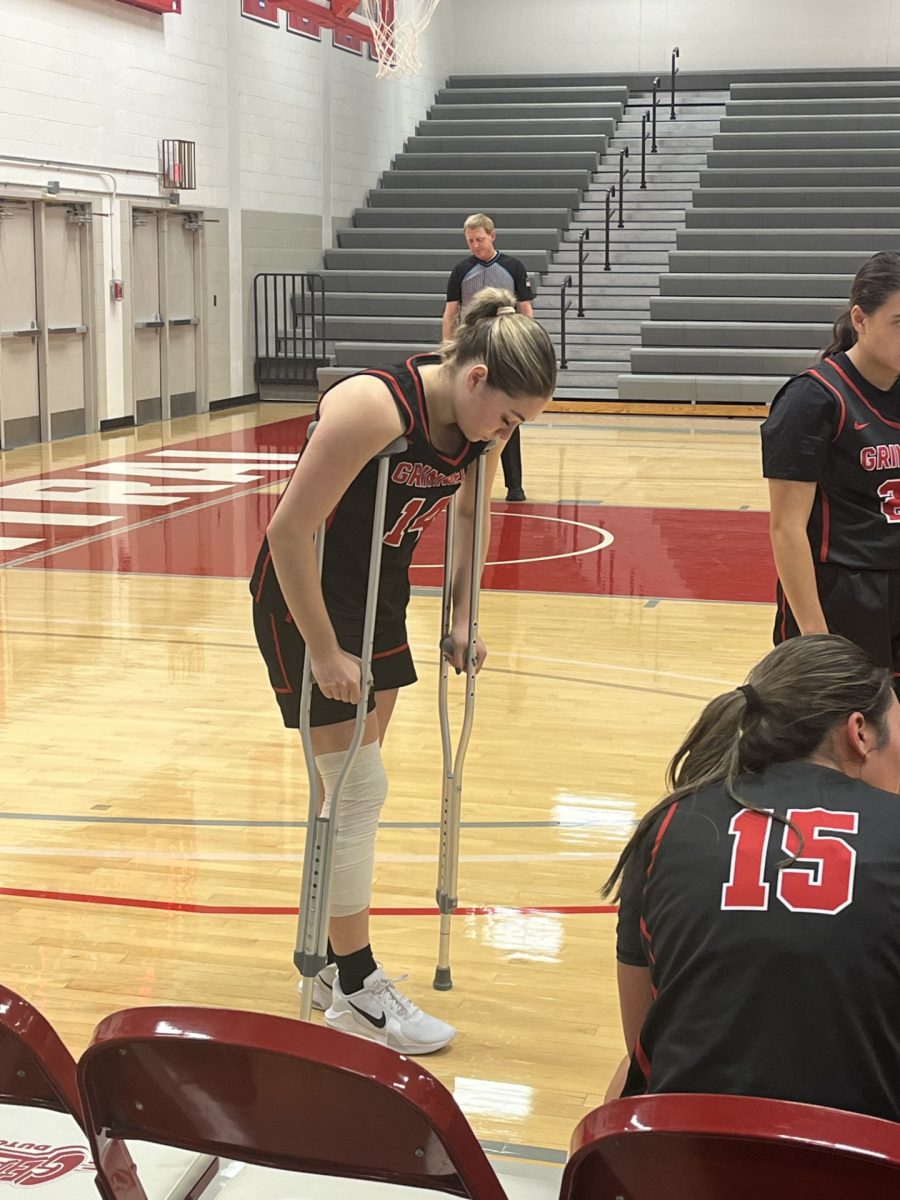
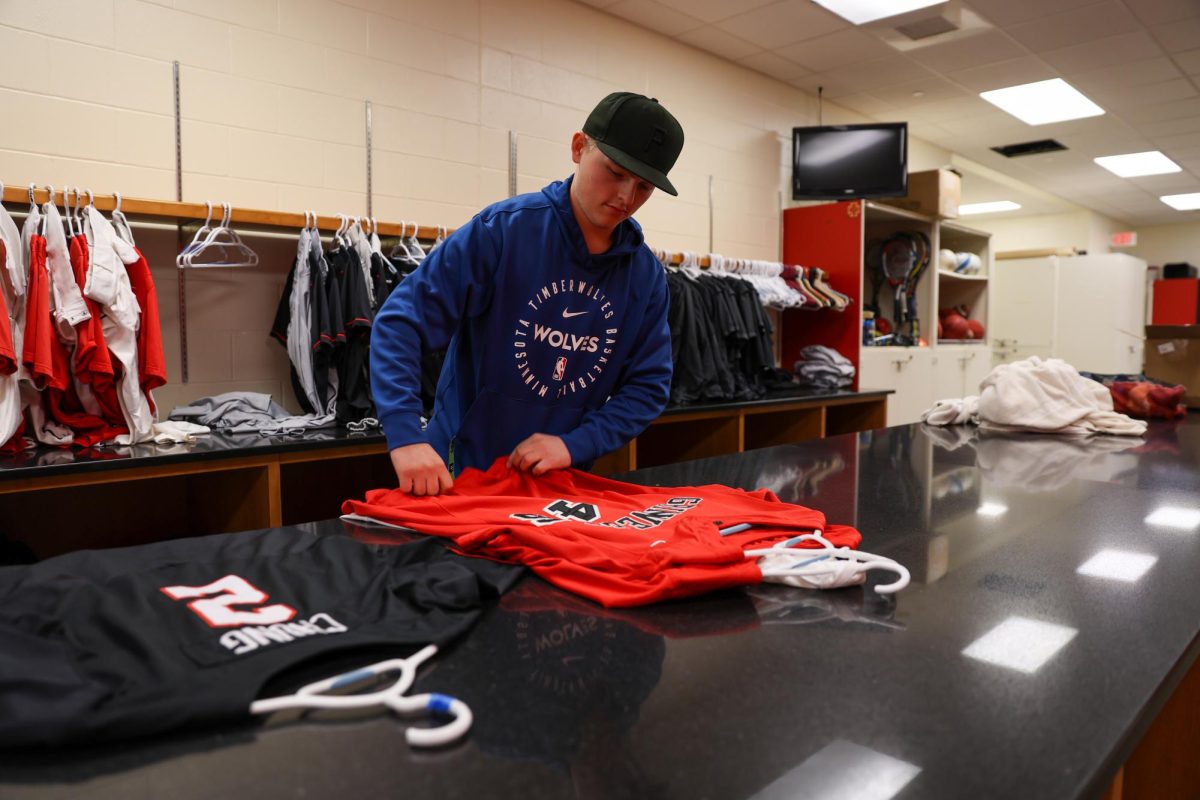
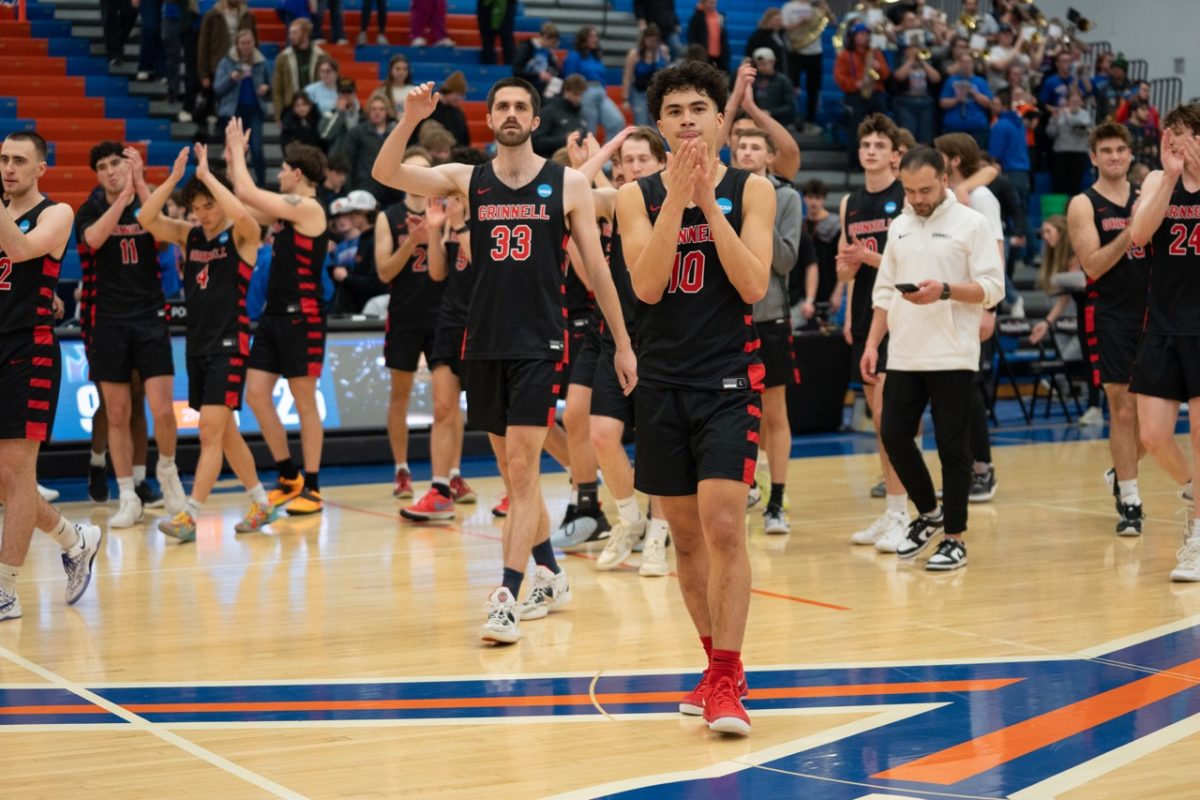






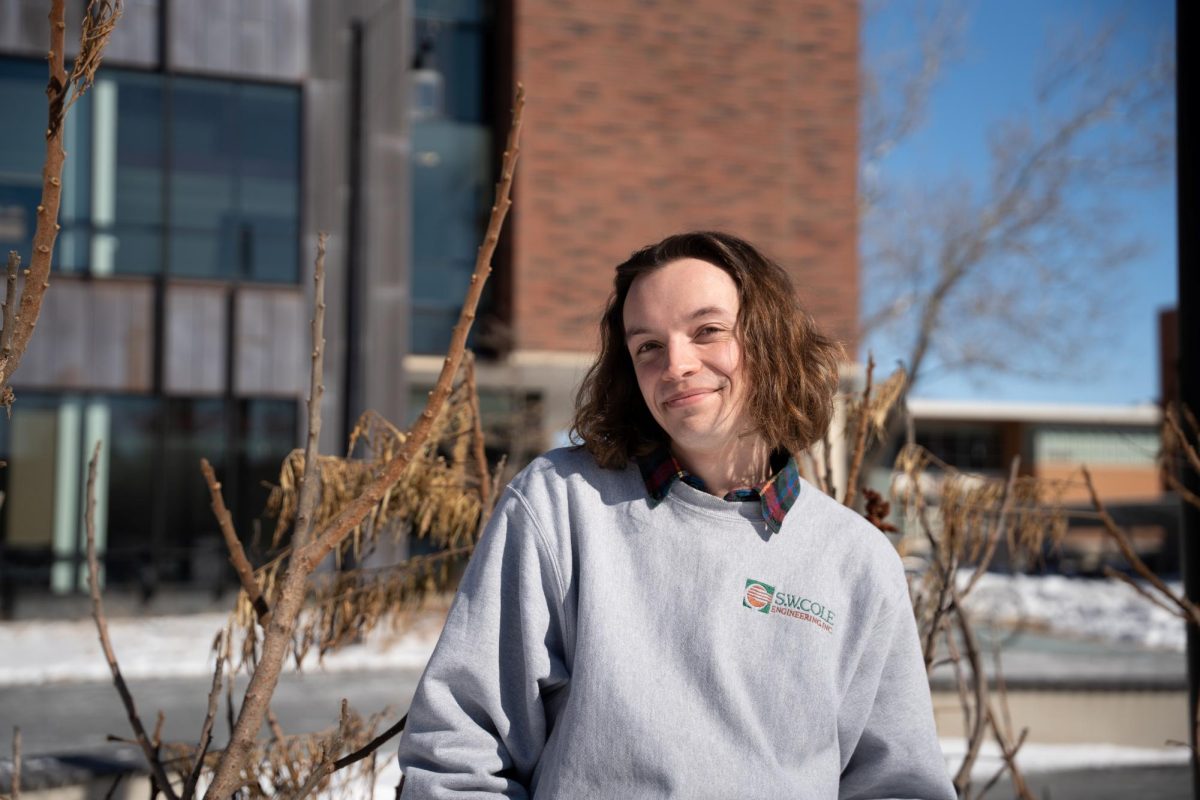












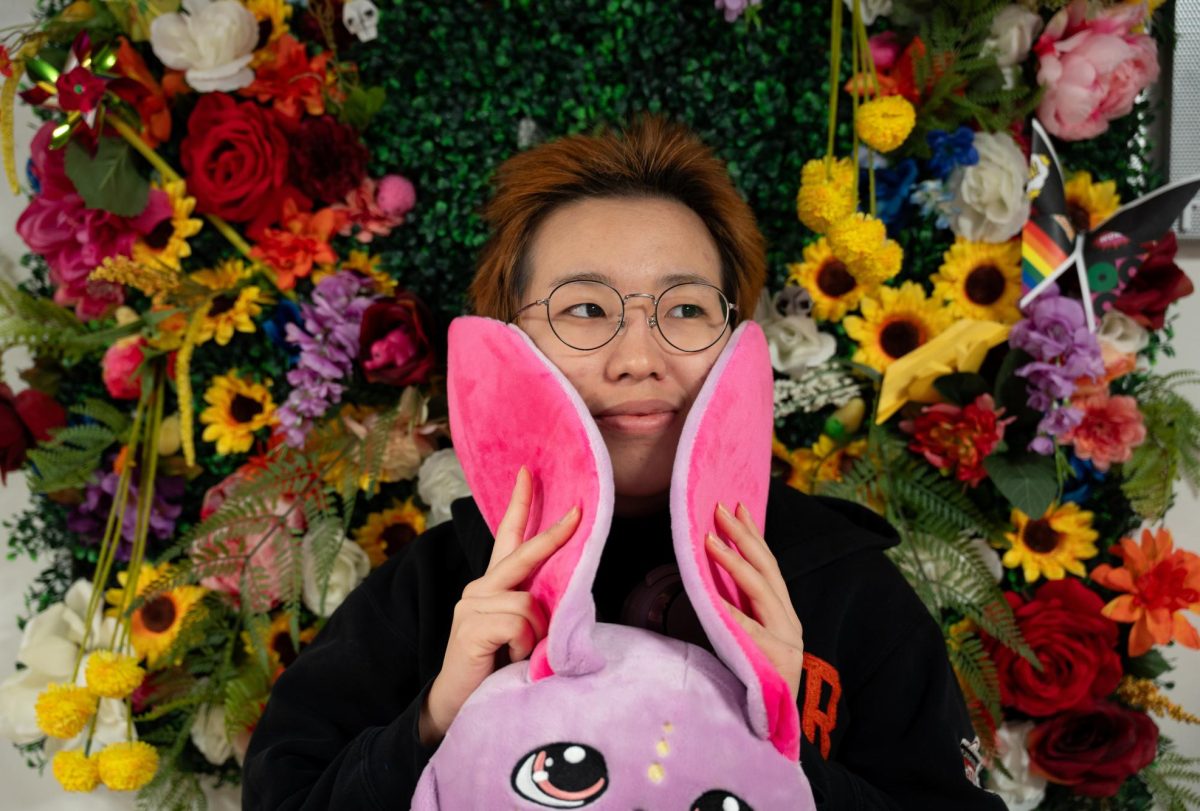









Suzanne Johnsen Smith • Nov 4, 2013 at 2:04 pm
I’m really impressed – had never heard of this club but sounds so interesting.